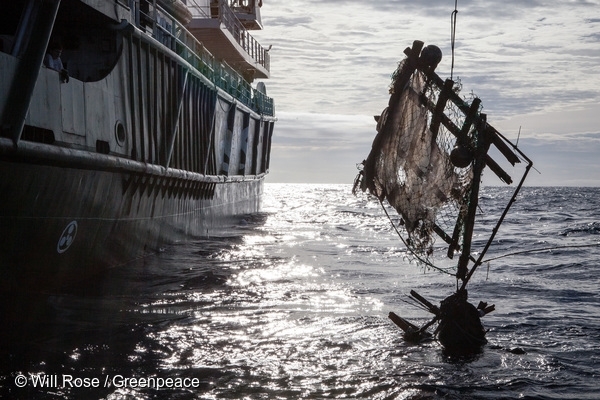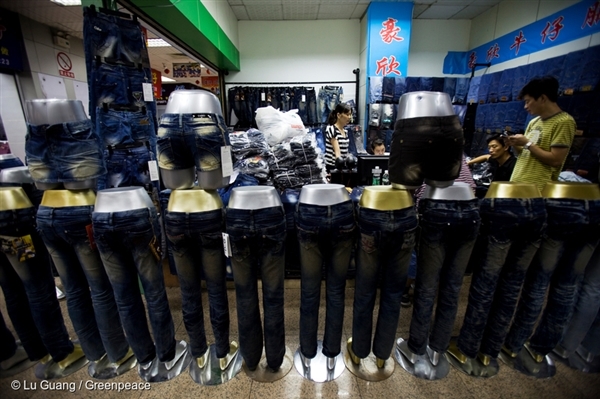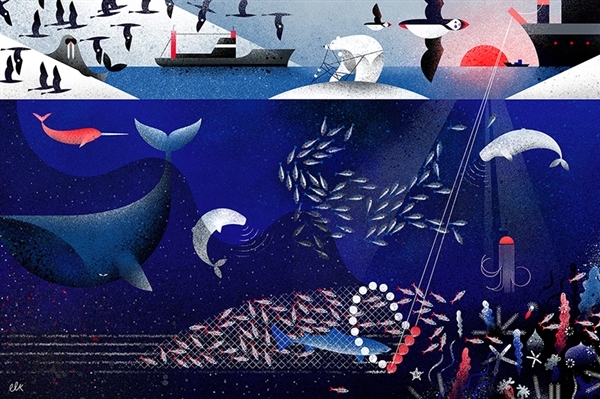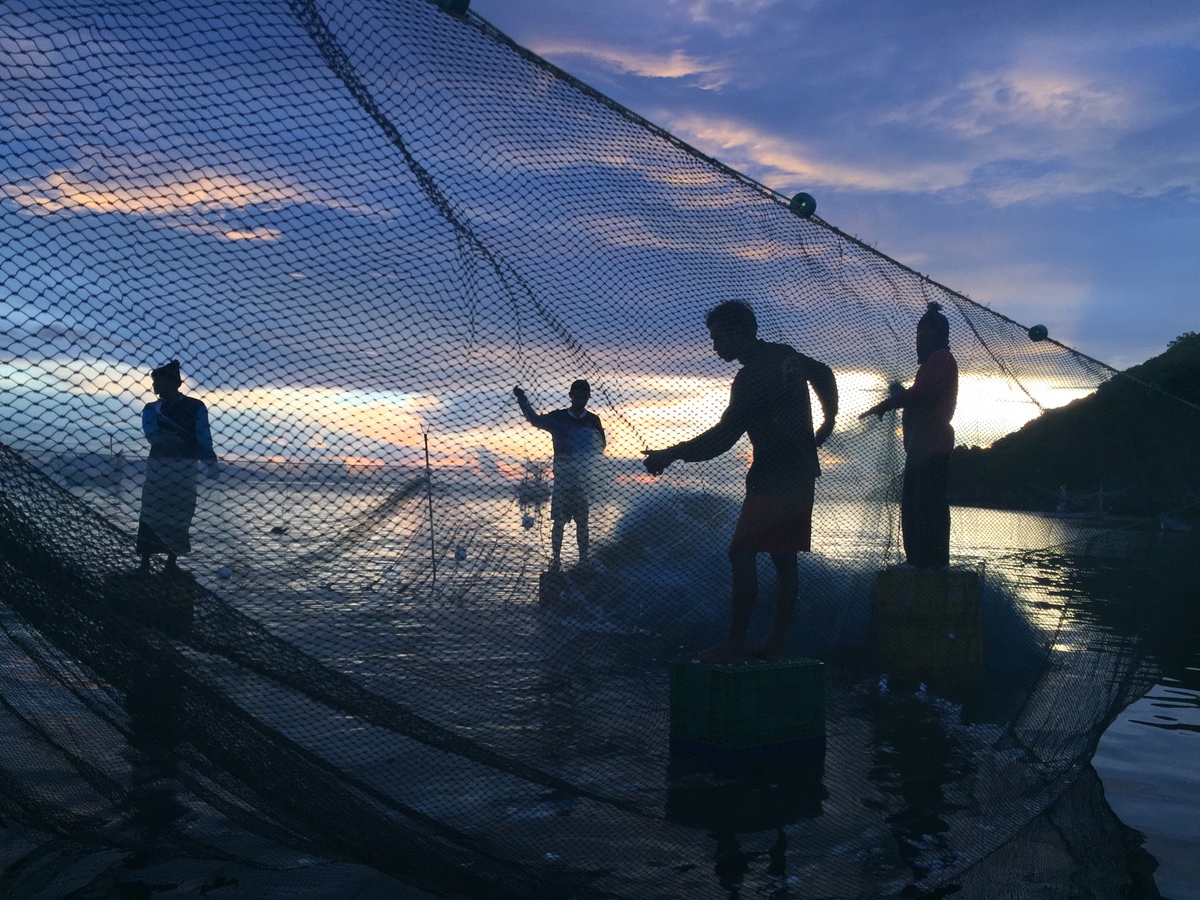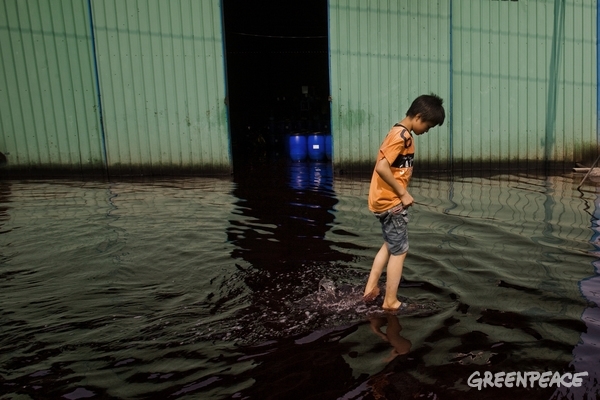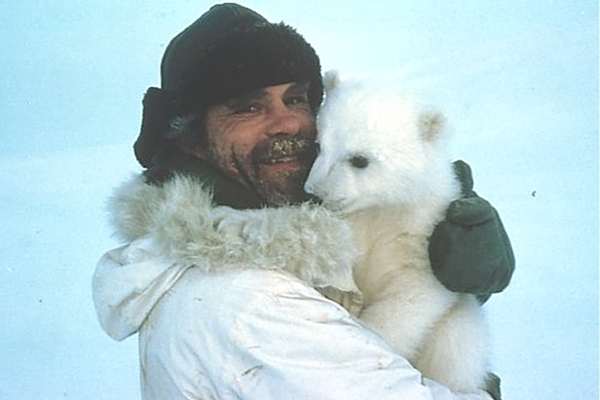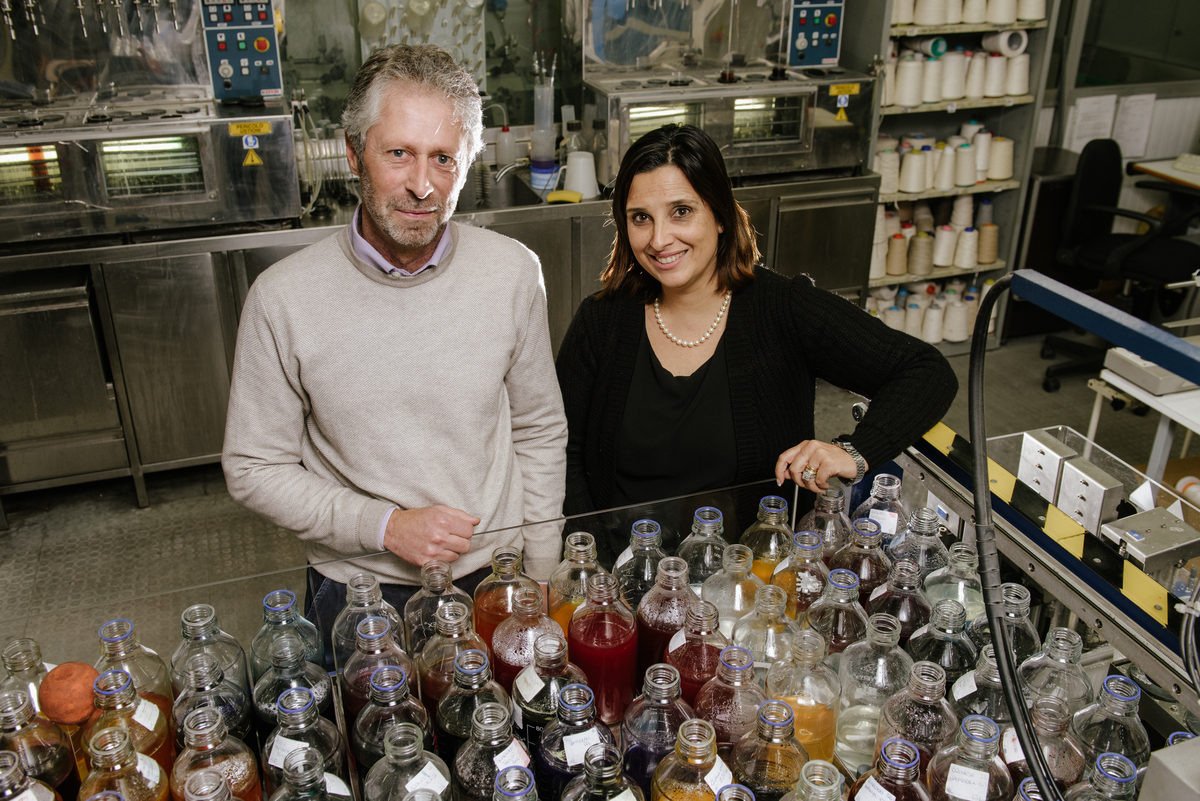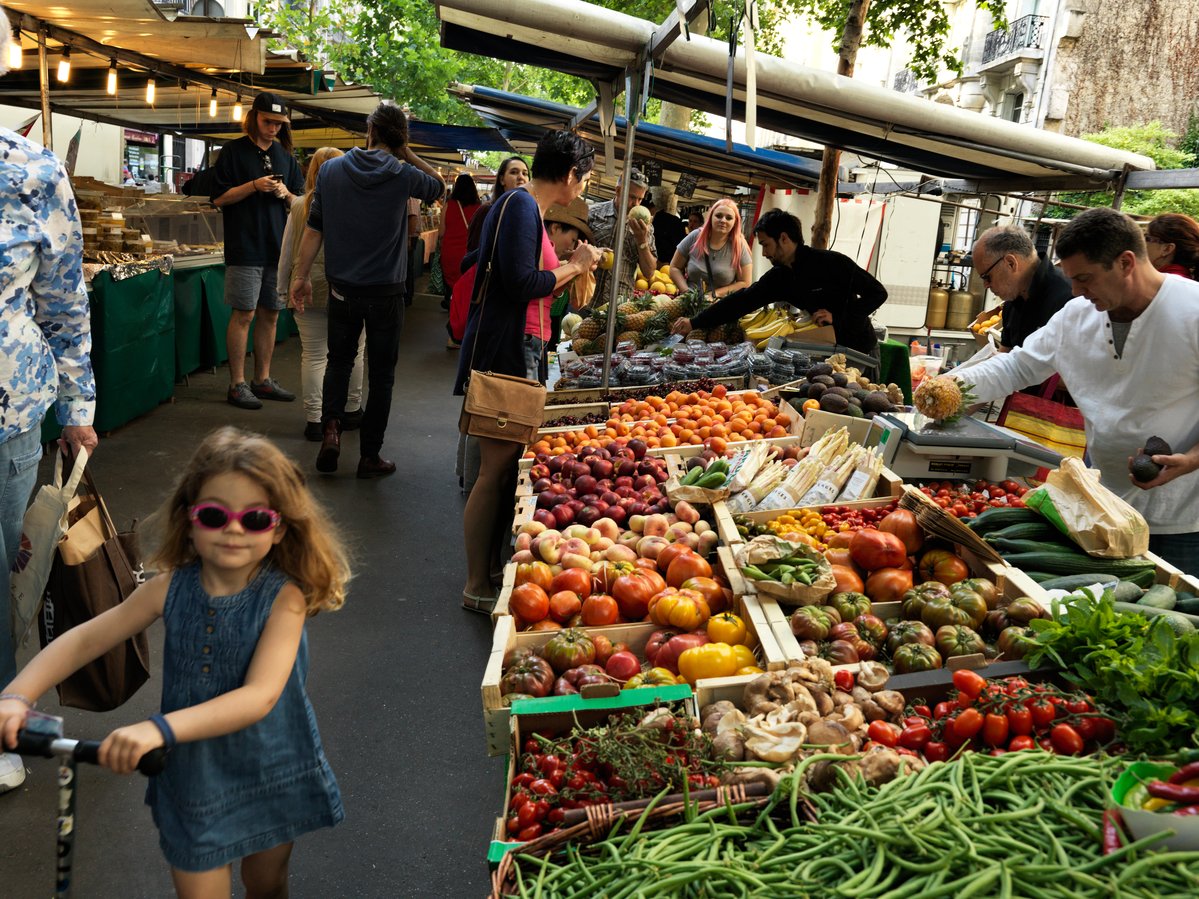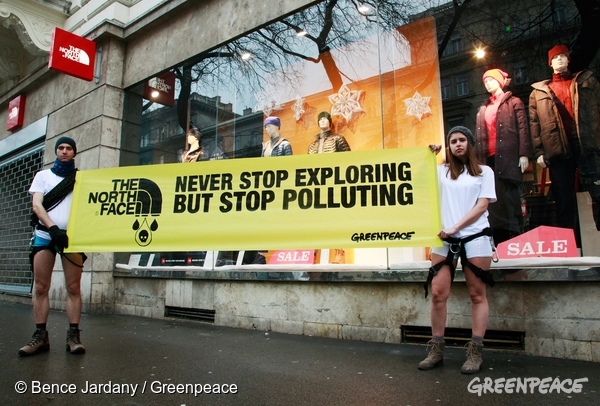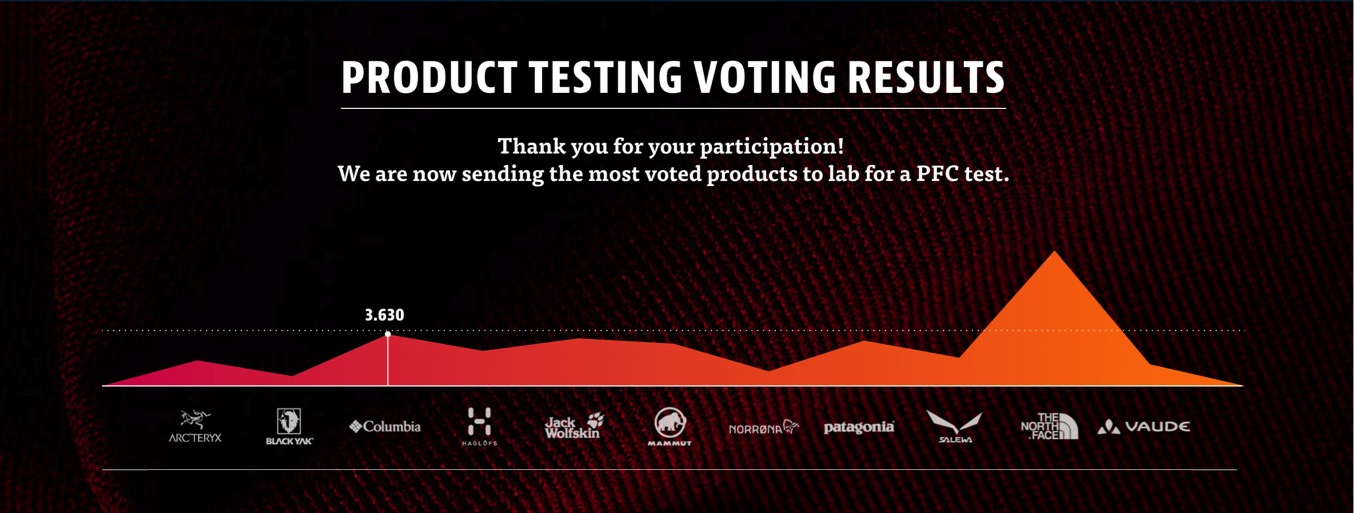All articles
-
4 reasons to tackle destructive fishing this World Tuna Day
On World Tuna Day, the Greenpeace ship Esperanza is at sea stopping the destructive fishing practices of the largest tuna company on the planet – Thai Union – which owns popular tuna brands like John West, Petit Navire, Mareblu and Chicken of the Sea, and supplies huge companies like Walmart.
-
5 lesser-known threats to the fragile Arctic Ocean
You probably know that climate change is melting Arctic ice with astonishing speed. And while some hear a warning bell, others see a business opportunity. As Arctic ice disappears, oil companies and fishing fleets are moving further north than ever before, keen to exploit the unexplored ocean opening up at the top of the world.
-
Interview with a polar bear expert
This year, celebrate International Polar Bear Day by learning more about these amazing animals from a scientist who has studied them for decades. Thor S. Larsen is a pioneer in polar bear research.
-
Big news for bees
As ecological farming and the market for organic food continues to grow across the globe, I’m heartened to see that the same is true in Spain, my home country, where we are going through one of the worst economic crises in recent history.

